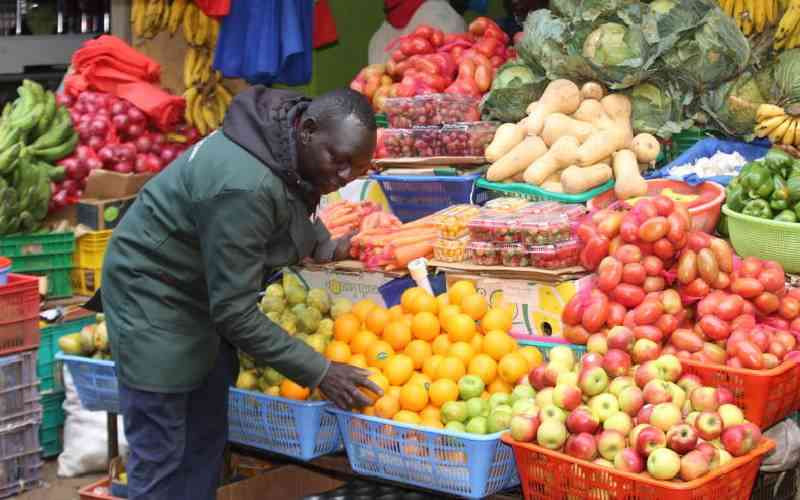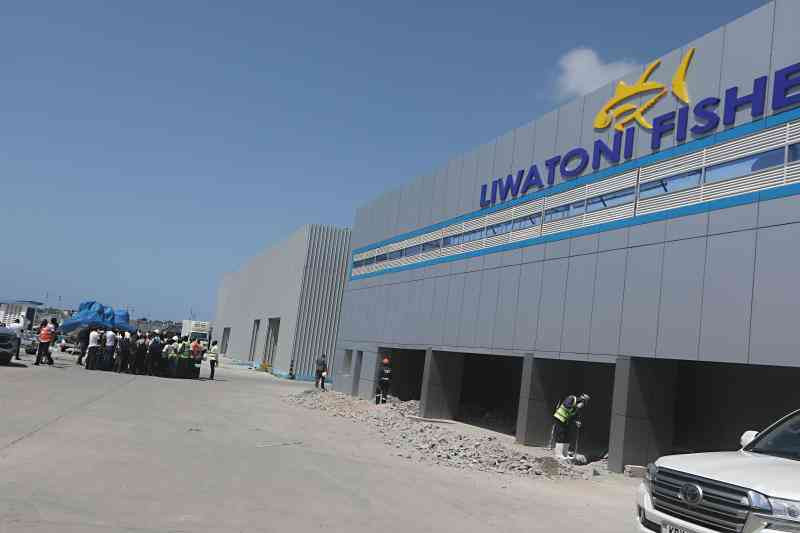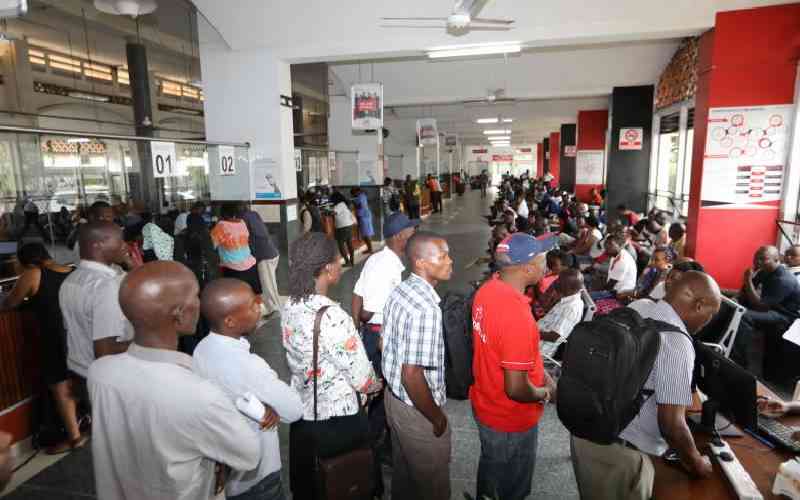
The purge of cash-strapped State-owned enterprises (SOEs) that is being driven by the International Monetary Fund has started in earnest, with thousands of workers expected to lose their jobs.
The National Treasury has completed a financial health check on 18 parastatals that unearthed a cumulative five-year financial shortfall of Sh70 billion, which means that a good number of the parastatals are in the red with liabilities exceeding their assets. Consequently, National Treasury Cabinet Secretary Ukur Yatani said the government will undertake a rigorous restructuring of the State corporations.







